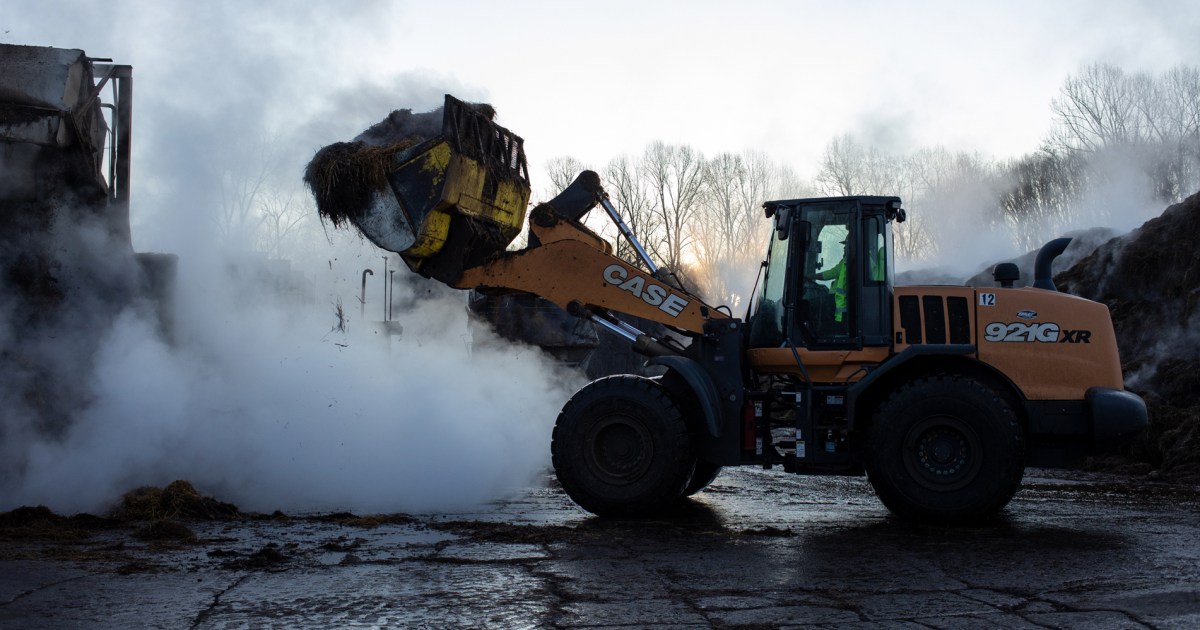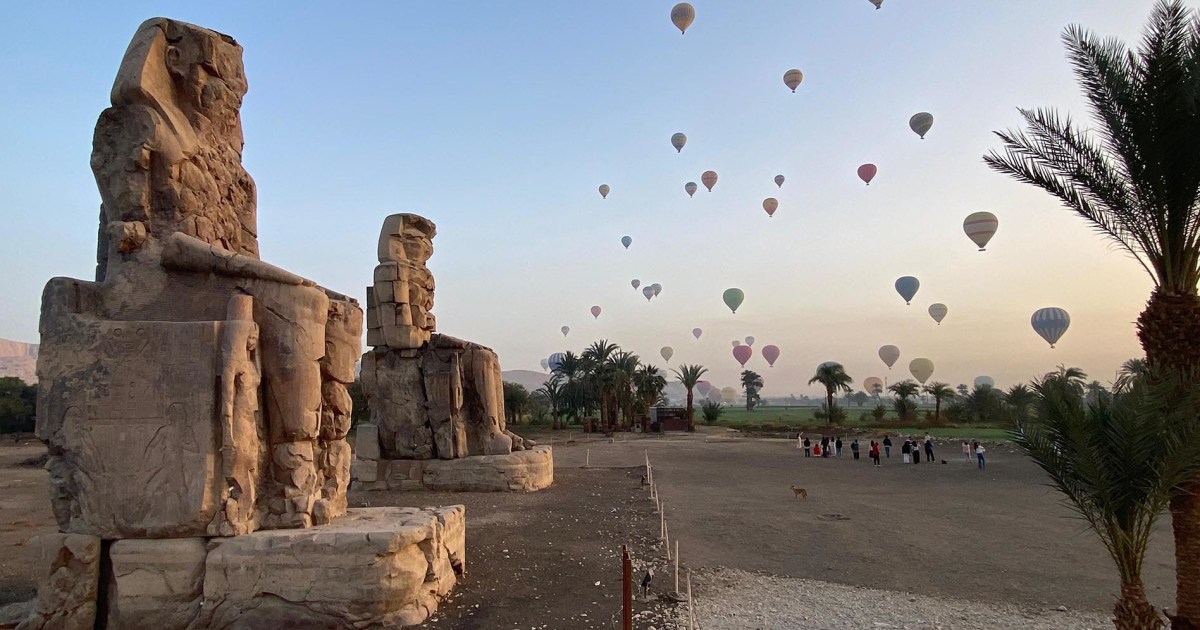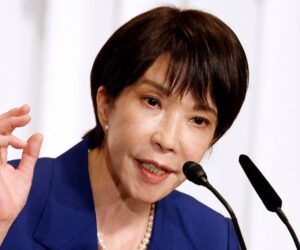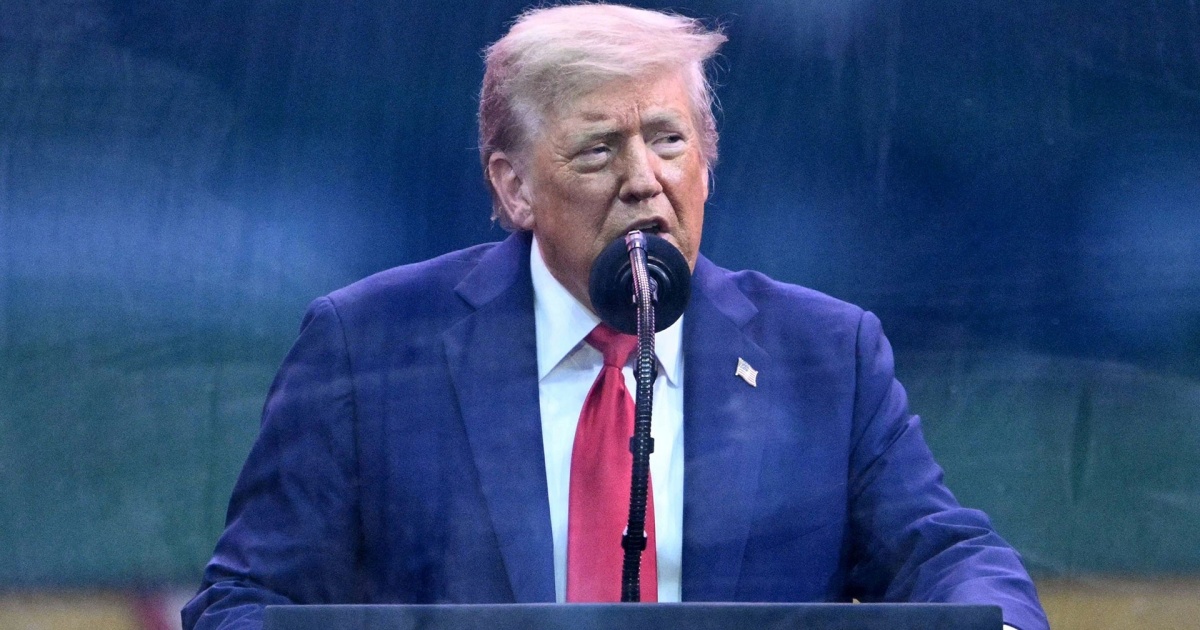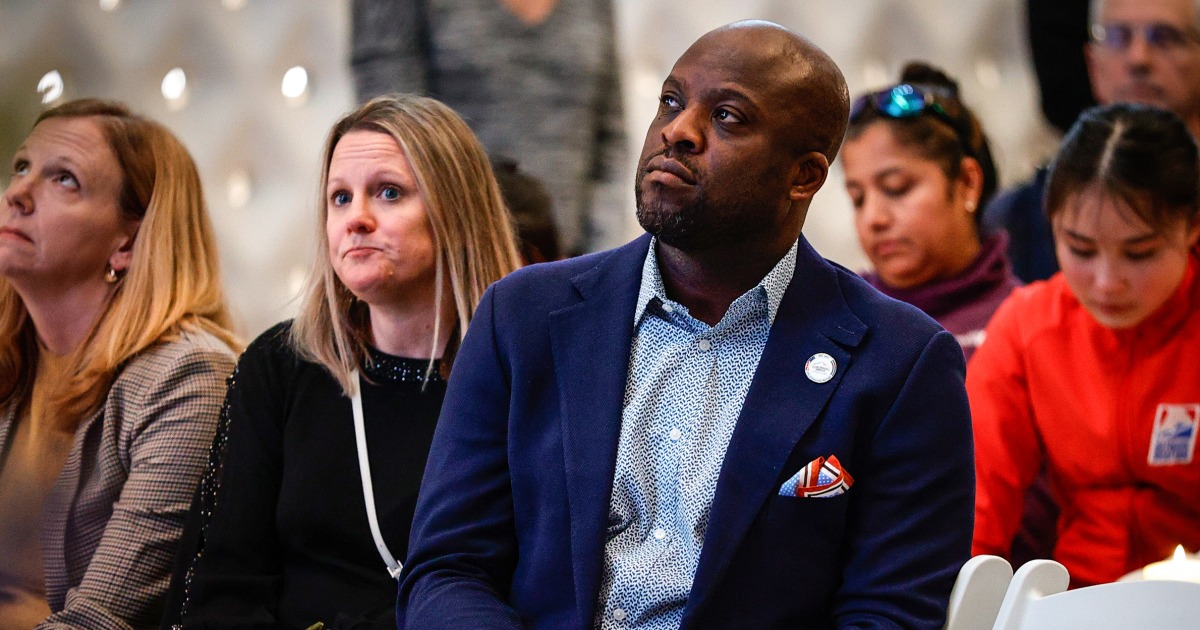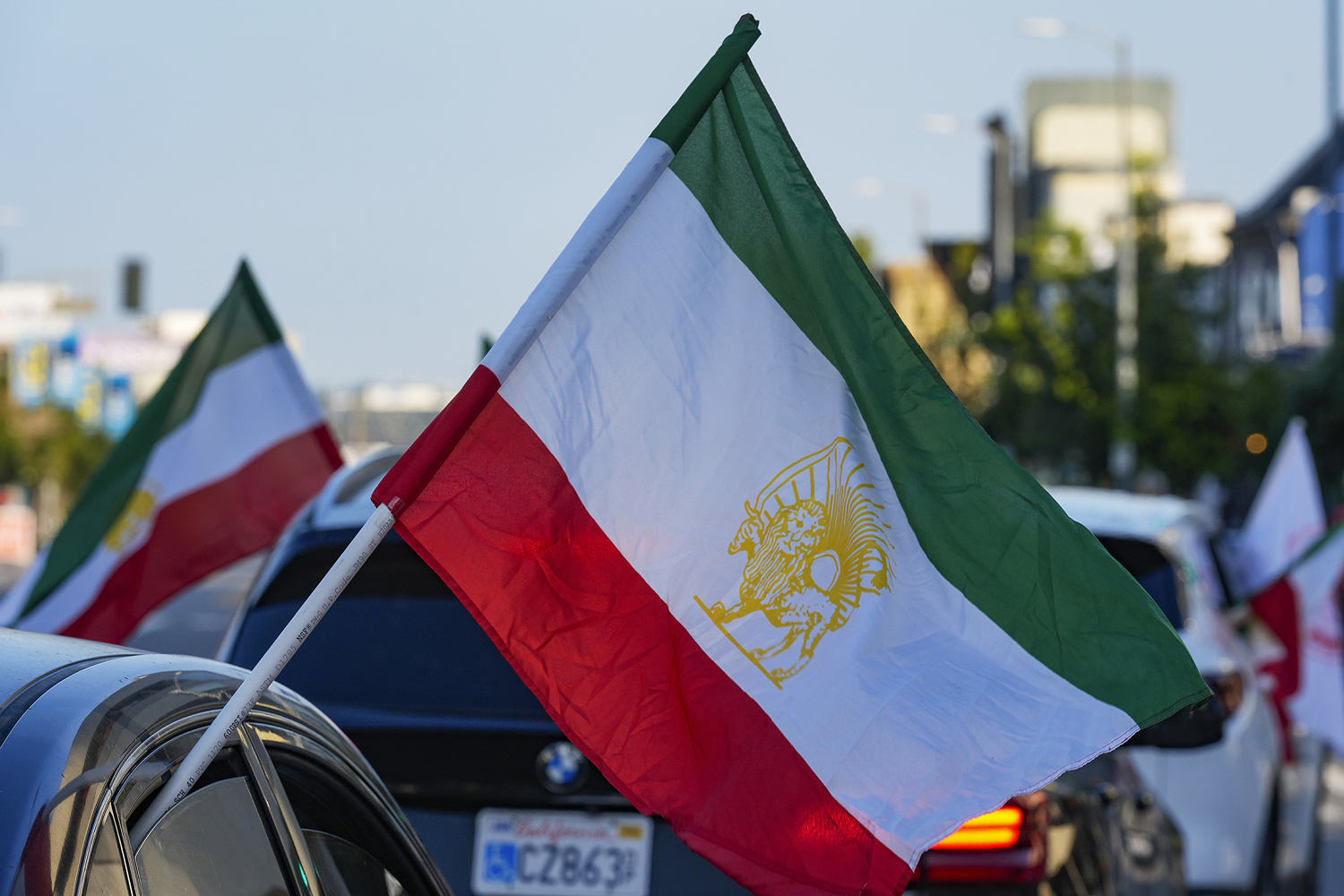
As Israeli bombs fell on Iran over the last two weeks, Mandy Ansari Jensen cycled between crying and praying and checking her phone every few minutes as she waited to hear from her father in Iran. After five sleepless nights, she finally confirmed he was alive.
Jensen, who was raised in the U.S. after her parents fled Iran during the 1979 revolution, is one of many Iranians around the world who say they feel frozen in fear and heartbreak as they await updates from loved ones in the country amid the outbreak of war between Israel and Iran. The U.S. entered the conflict by bombing several Iranian nuclear facilities on Saturday, and Iran on Monday retaliated with a symbolic strike on a U.S. military base in Qatar that caused no casualties.
Follow live updates here
Many in the Iranian diaspora come from families who sought escape from the theocratic regime that took over in 1979 after the Iranian Revolution. As the conflict between Iran and Israel persists, some Iranians abroad are expressing renewed hope for regime change, while others worry about the consequences of foreign intervention.
“The Iranian people have resisted oppression for decades. They’ve risked everything to protest, organize, speak out,” said Jensen, a content creator who now lives in New York City. “Iranians want a free Iran, but having our country bombed by world leaders who we know don’t care about the safety of innocent civilians is not the way either. We are not pawns. We are people.”
Citing the “existential threat” of Iran potentially producing nuclear weapons, Israel on June 12 launched a massive attack targeting the country’s nuclear capabilities, military leadership and scientists, prompting Iran to fire its own missiles toward Israel. As of Monday, the Iranian Health Ministry reported that Israeli strikes have killed at least 400 people in Iran and injured 3,000. Iran’s retaliatory strikes have killed at least 24 in Israel.
Israel’s attacks killed some of Iran’s senior officials, leading to mixed reactions of celebration and fear among those who oppose Iran’s widely unpopular regime.
For Shirin Naseri, it’s a “bittersweet feeling” to see an outside government weaken the Islamic Republic in ways the Iranian people have struggled to do from within. Naseri grew up in Tehran before immigrating to the United Kingdom at age 25 to escape the regime, which is led by Supreme Leader Ayatollah Ali Khamenei.
“We want the regime gone, but at the same time, we grieve even the slightest harm to innocent people, to our homeland,” said Naseri, who added that Iranians are unwillingly caught in a conflict driven by Iran’s regime, not its people. “We are like any other freedom-seeking people against war in all forms and at all levels … and yet we dare to hope something good might come out of it.”
Read NBC News’ coverage of the Iran-Israel conflict:
But that sense of hope is also mixed with some skepticism. Aside from the threat of bombs on civilians, Nikoo Nooryani, a Los Angeles-based Iranian American, said that many are also concerned about the potential for the regime to “hide under this cloak of national security” as justification to crack down harder on political dissidents in Iran.
“Historically, this has been the way that foreign collusion has played out. It’s always stunted the Iranian people’s liberation movements, as opposed to helping them,” said Nooryani, who also has family in Iran. “And I think that’s another big discussion point that gets missed when people are rallying for freeing Iran through bombing them. It’s never been in the favor of the people.”
In 2022, the death of Mahsa Amini — a 22-year-old woman arrested by the morality police for allegedly not wearing her hijab properly — triggered widespread protests led by women and young people across the country. This “Women, Life, Freedom” movement, like in many past protests, led to brutal government retaliation, according to Human Rights Watch.
Nooryani said that observers have often conflated the movement with a call for foreign assistance, which she worries is opening doors for outside actors like Israel and the U.S. to co-opt Iranian civil unrest for their own interests. At the core of it, she said, the focus is “self-determination for the people of Iran.”
“It’s really disheartening to see three governments, who are strongly opposed internally in their own countries, create this chaos for us all,” Nooryani said, referring to Israel, Iran and the U.S.
The conflict has also raised complicated feelings for the hundreds of thousands of Persian Jews, many whose families fled Iran amid fears of religious persecution after the revolution.
Among them is Millie Efraim, who wrote on social media that it’s hard to see people online advocating for “Iran to defend itself” without acknowledging the suffering the regime has caused their own people.
Efraim, who is Iranian American and Jewish, is living in Israel, where she said she’s been among the thousands of people who have had to hide in bomb shelters as Iran continues its retaliatory attacks on Israel.
While she believes “Israel alone cannot liberate the Iranian people,” Efraim said she hopes the war will catalyze enough change to “remove Khamenei and the Islamic regime for good.”
“I am aware of the ugliness of war. I have friends in Iran who I am worried for, because there has been collateral damage even with precise strikes, and my biggest fear is some superficial negotiation that keeps Khamenei in power,” Efraim said. “For the sake of Iranians and Jews around the world, both of whom have been targets of the Islamic regime and its proxies, we must seize this moment and make regime change.”
Human rights lawyer Gissou Nia, director of the Atlantic Council’s Strategic Litigation Project, said that despite hopes for regime change, some of those calls fall into “a little bit of fantasy thinking” right now.
Since the war broke out, she said, many Iranians must prioritize their own survival — as some are rationing food while others left their homes with nothing but blankets to sleep on — and are not necessarily empowered to take to the streets and topple the regime.
“And historically, regime change from the skies has not gone well. Particularly, any project that the U.S. has been involved in hasn’t gone well,” said Nia, who is Iranian American. “So I think at least among Iranians inside Iran, but also the diaspora, we’re now starting to really think about what comes next, if something does come next.”
What she’s also concerned about abroad, Nia said, are reports surrounding alleged terrorist sleeper cells in the U.S. giving rise to the type of racial profiling that proliferated after the 9/11 terror attacks.
“The reality is that Iranians inside Iran have led successive protest movements to get rid of their regime,” Nia said. “The Iranian people should not be conflated with a regime that is unelected and has been wielding power through oppression for decades.”


